|
By Anna Hazard
View the Rest of the Series
Part 1 - Benefits & Drawbacks
Part 2 - Tips, Alternatives, & Helpful Programs Part 3 - Best Dogs for Seniors Part 4 - Best Cats for Seniors Part 5 - Best Birds for Seniors Part 6 - Best Rodents for Seniors Part 7 - Aquariums & Aquarium Plants Part 8 - Best Aquarium Fish for Seniors Introduction
When it comes to pets the first word that comes to mind is probably not "rodent", yet some species such as guinea pigs & gerbils have become well known for being good pets for beginners. Many of the same qualities that make good starter pets or suitable pets for children also transfer over their suitability when it comes to determining pets for seniors.
Many may be surprised when it comes to the exact type & breed of rodent that is best suited for an affectionate, healthy, and relatively trouble-free pet. Read on below for general tips when it comes to choosing & taking care of the more suitable pet for your senior loved one's fuzzy little furball needs.
Tips to Keep in Mind
Rodents for Seniors
Here are the most common variety of rodents kept as pets in the order of most to least recommended for seniors...
6 Comments
Jeaneen Andretta
1/30/2022 11:00:20 am
Hi, I had Rats for years and they do make great pets. I am thinking in the future of adopting a Guinea Pig, they are the only rodent I never had.
Reply
VioletTheFox
2/18/2023 10:17:17 pm
Stop recommending half the minimum cage size
Reply
Leave a Reply. |
AboutNews updates, tips, and guides on senior care, senior health, stress relief and a host of other caregiving related topics from the professionals at Ella Stewart Care. |

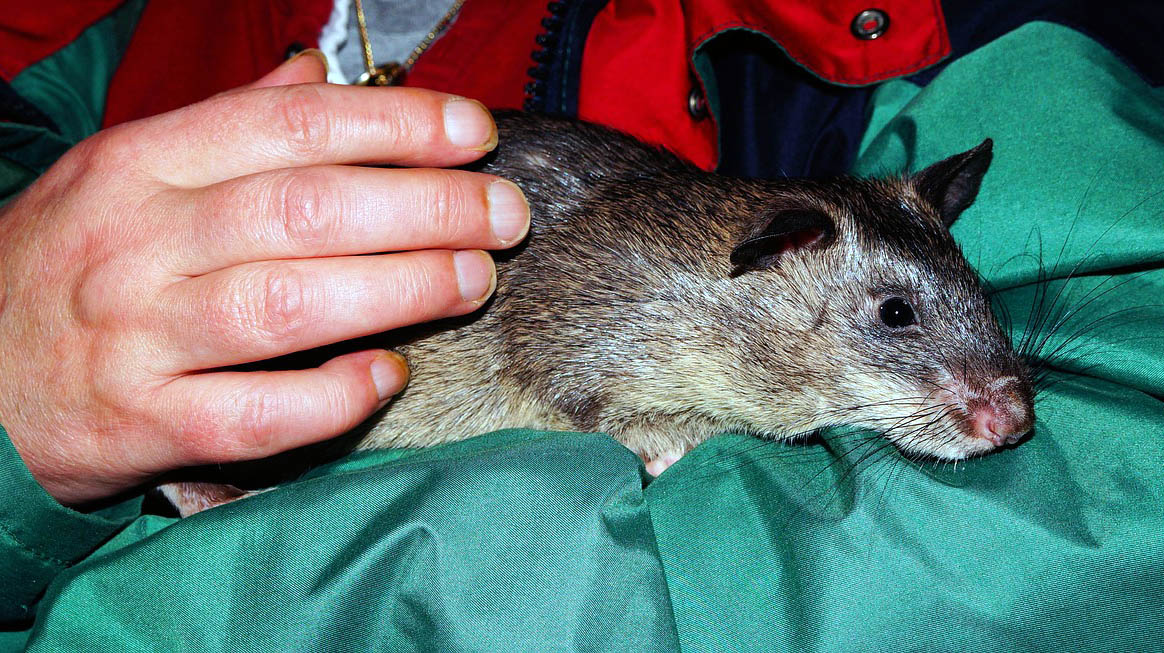
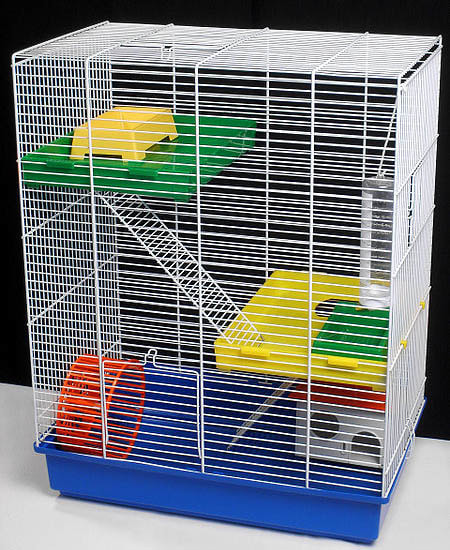
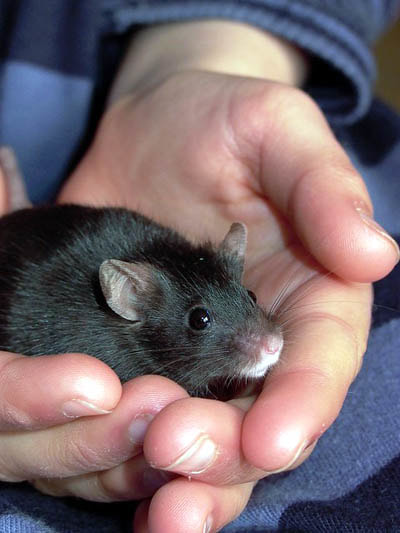
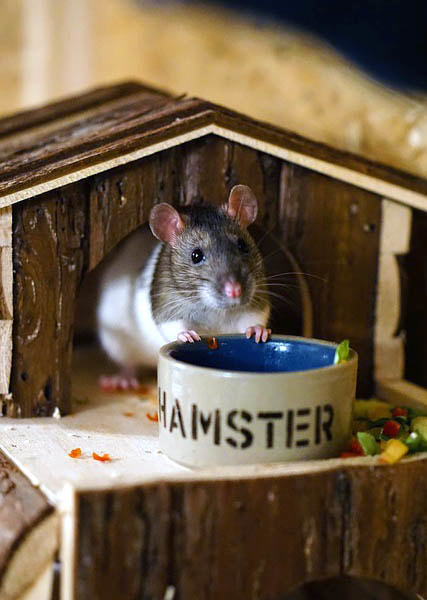
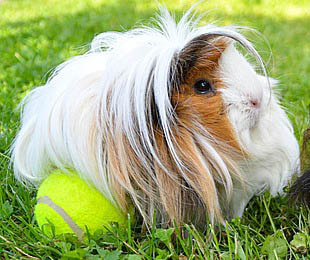
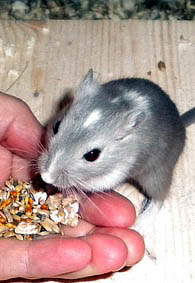
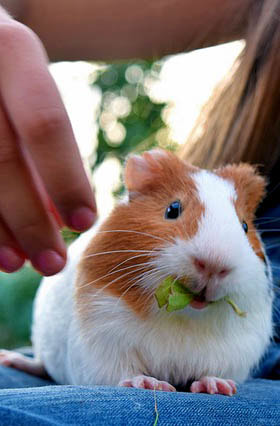
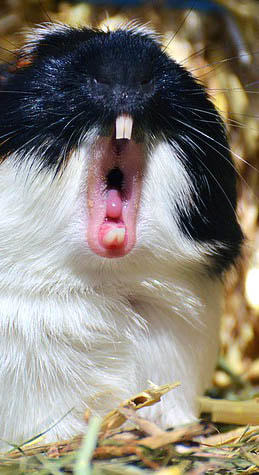
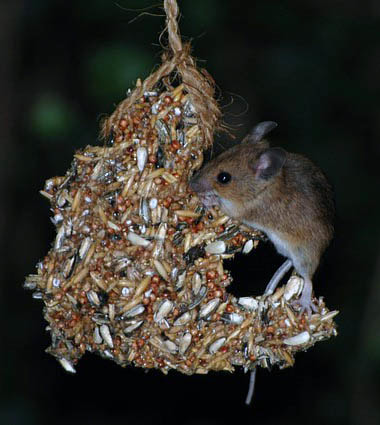
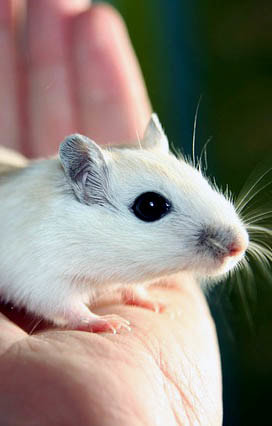
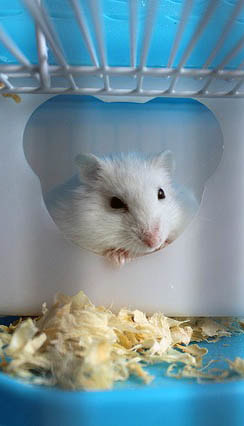
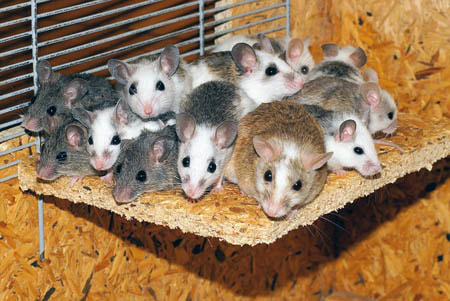
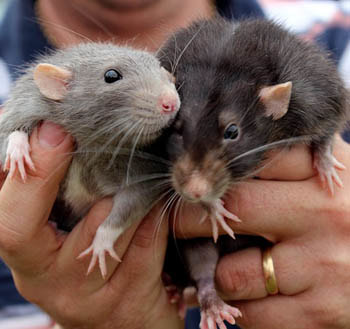
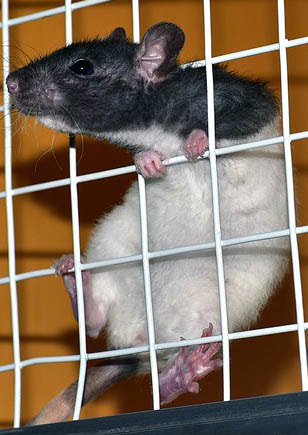
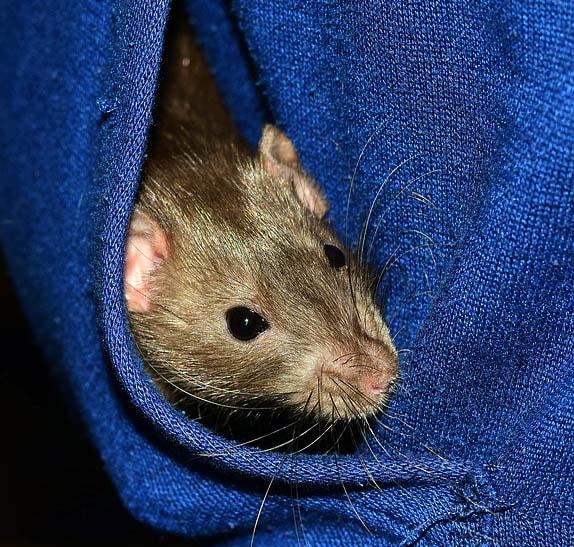
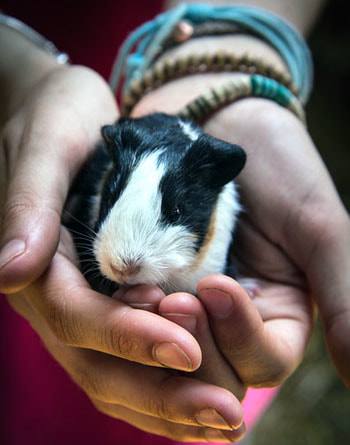
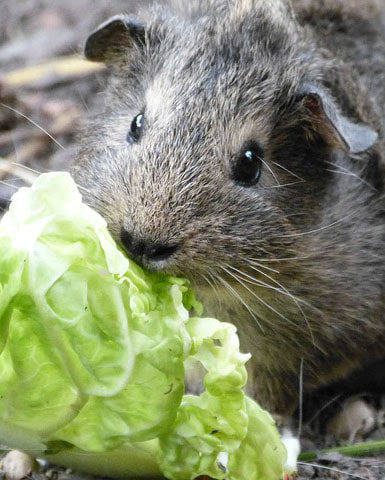
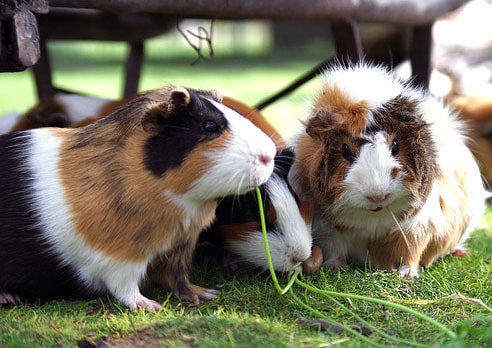
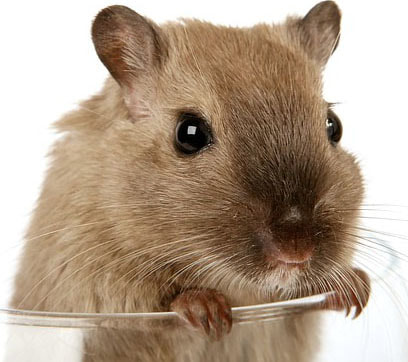
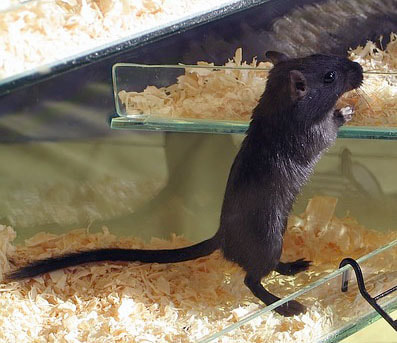
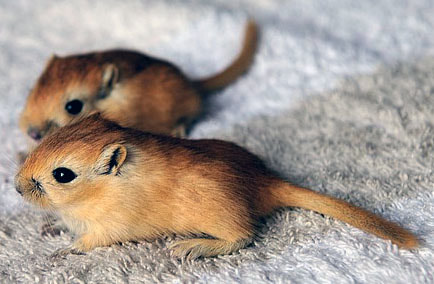
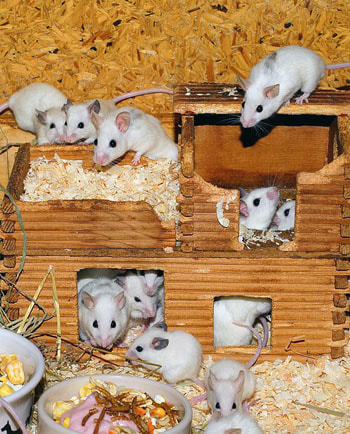
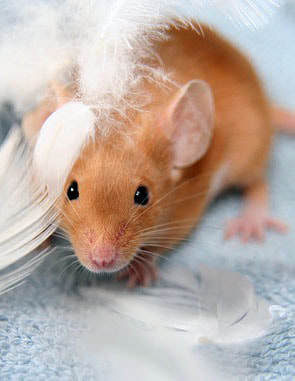
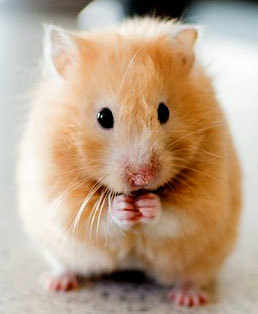
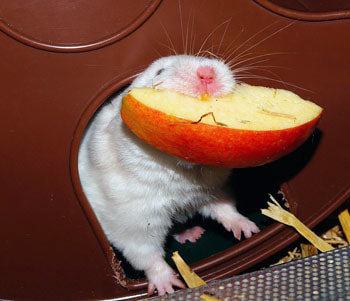

 RSS Feed
RSS Feed
